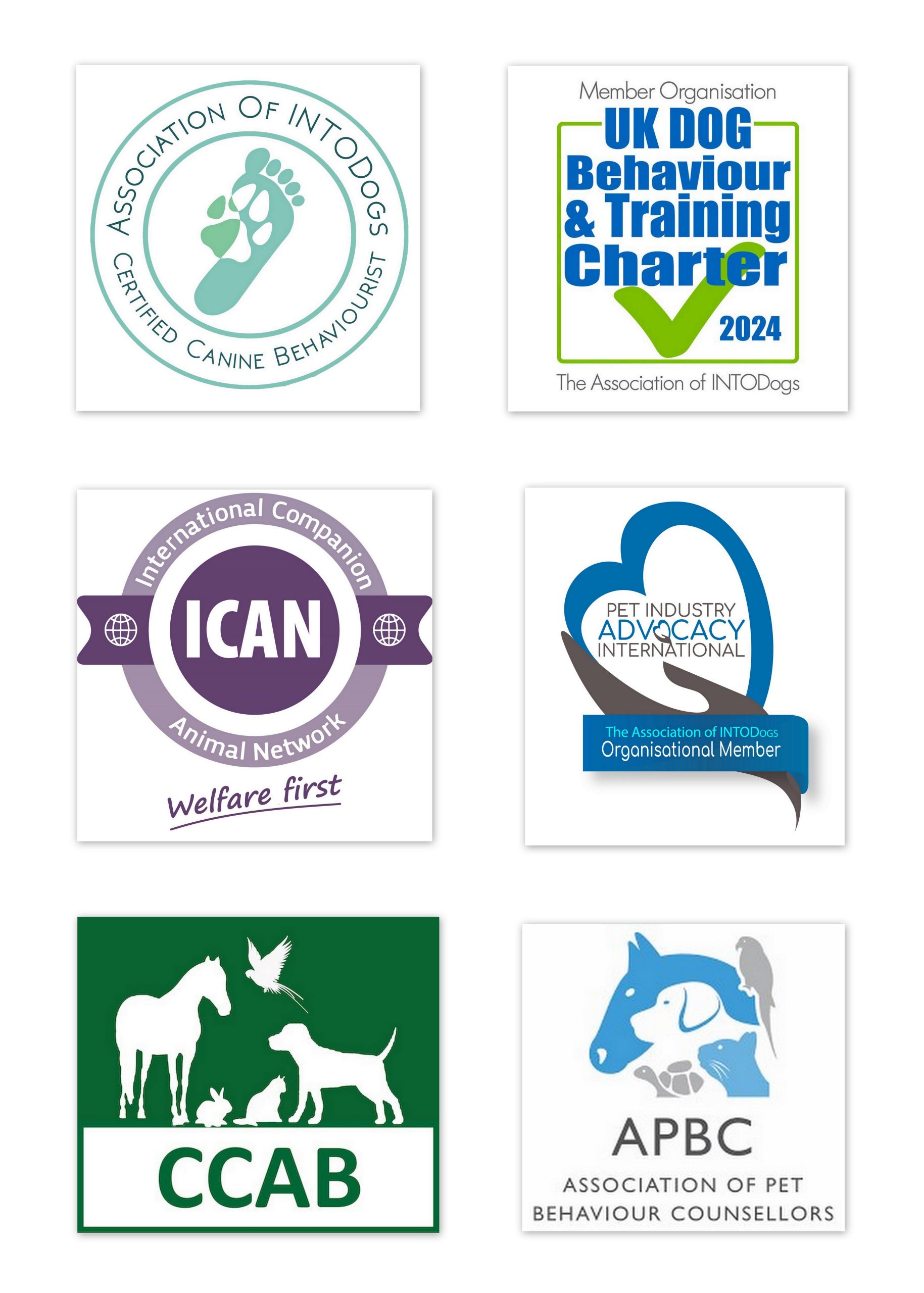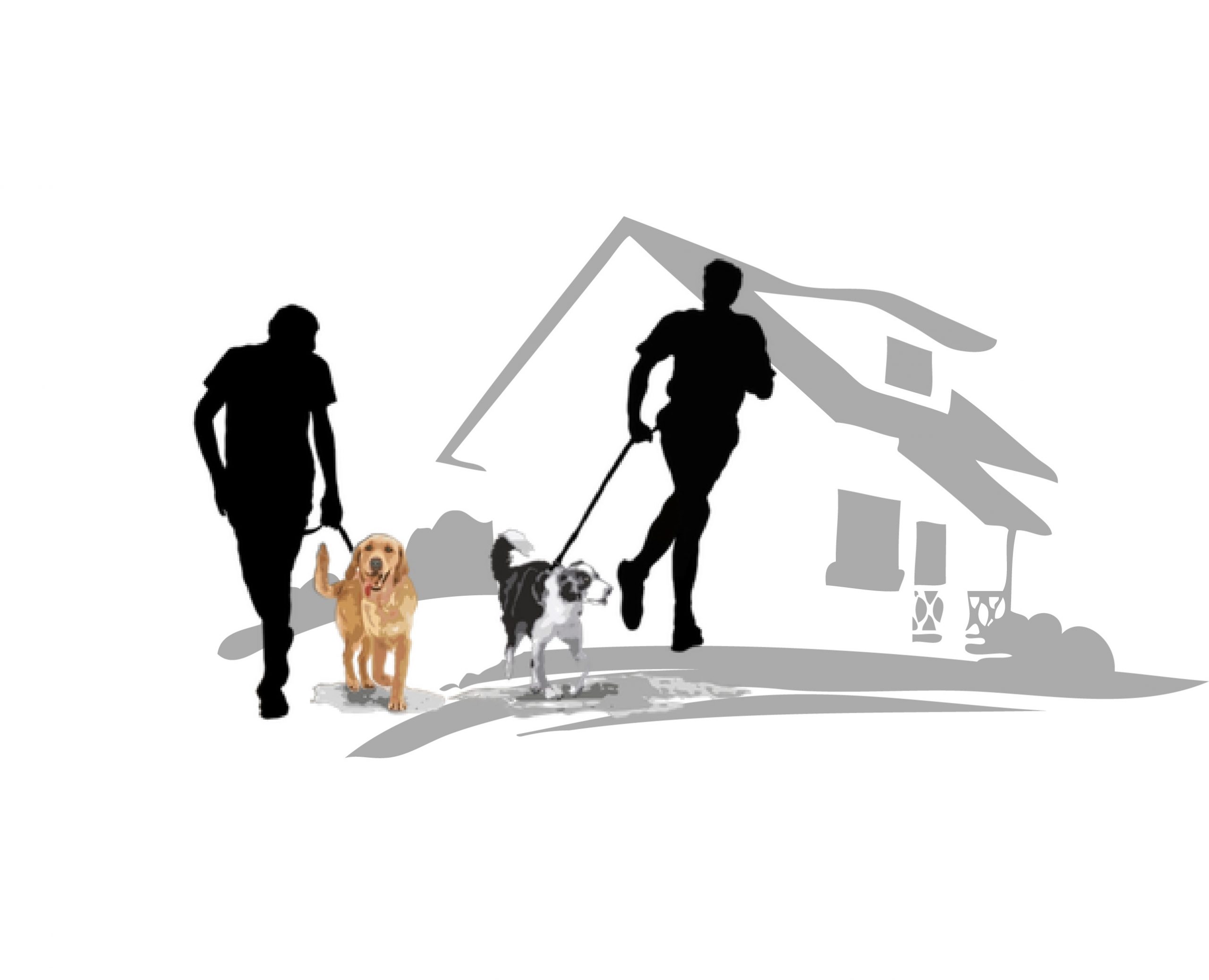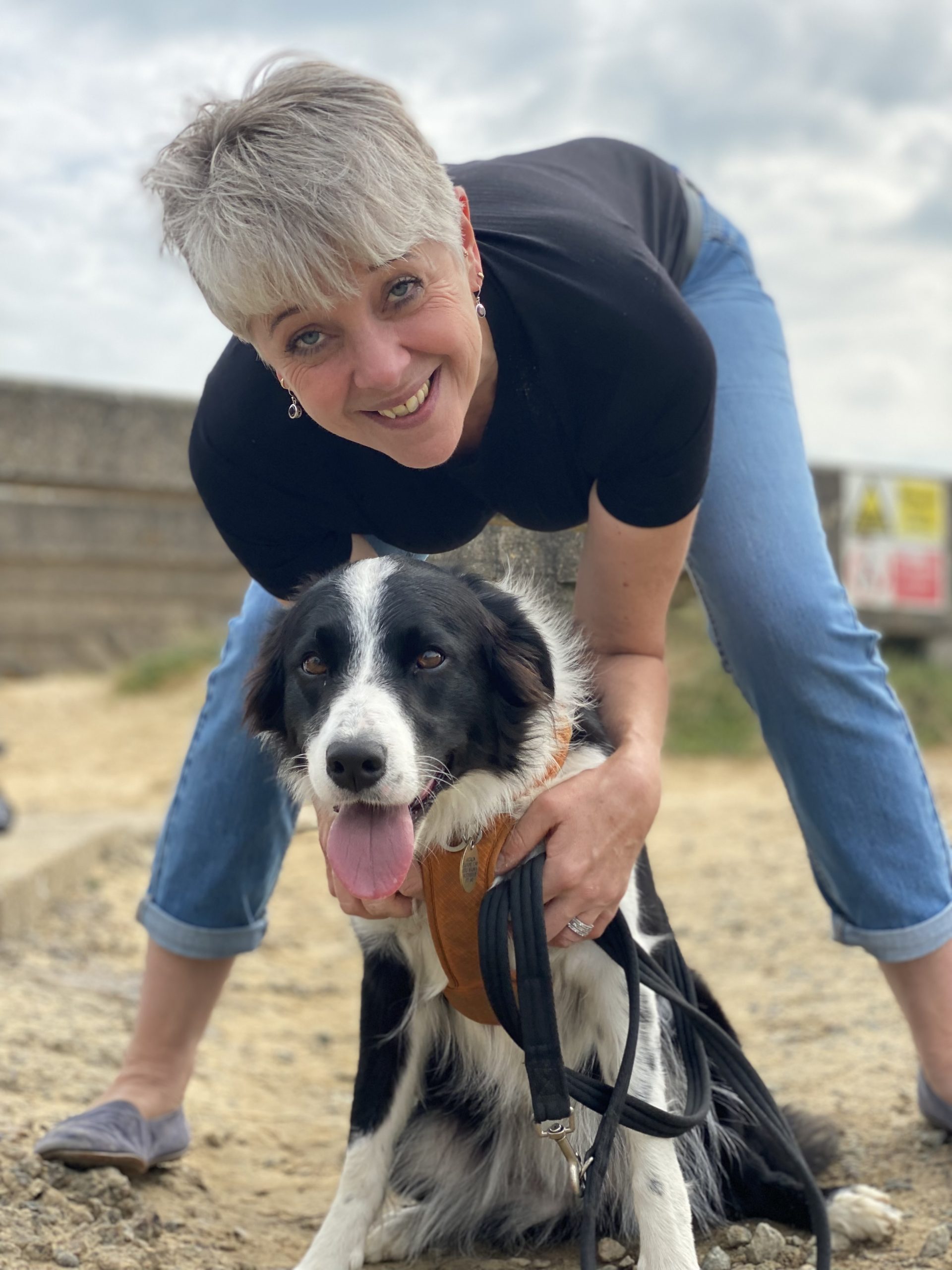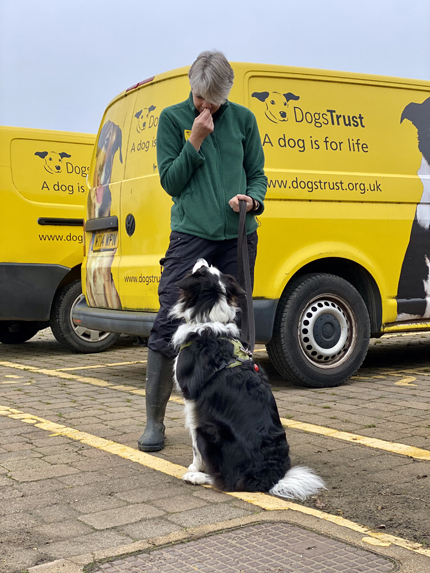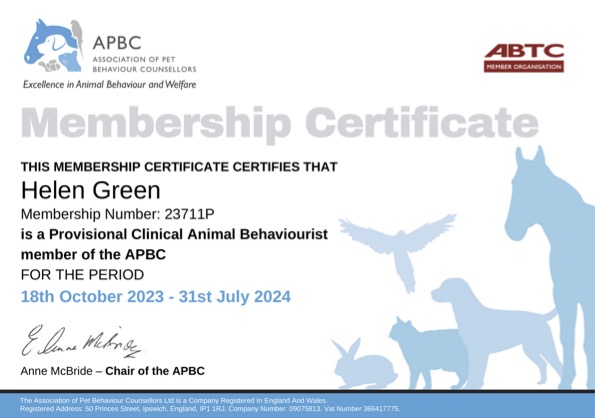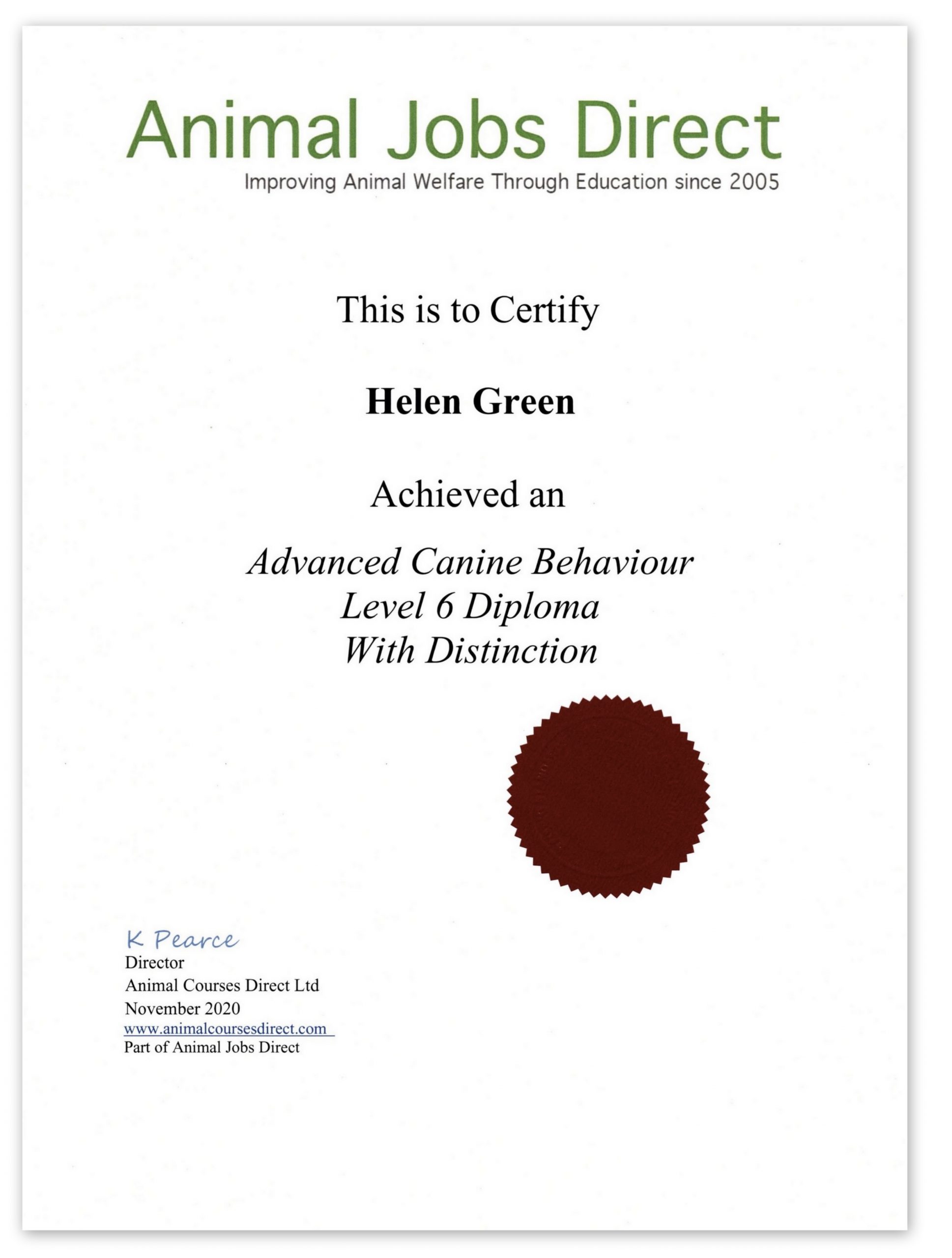Behaviour Consultations
Looking for help and support?
Having Dog Behaviour Problems?
We can help dogs and their owners with a broad spectrum of issues or unwanted behaviours. Helen is a Fully Trained Advanced Canine Behaviourist, holds a BSc (Hons) in Applied Animal Behaviour, a Level 6 Diploma in Advanced Canine Behaviour, a Level 5 Diploma as a dog Behaviour Practitioner. You can contact her Now for a Behaviour Consultation to discuss any issues you and your dog/s might be experiencing.
- Fears and phobias
- Stress and anxiety
- Nervous behaviour around people or objects
- Issues with grooming and vets visits
- Obsessive or compulsive behaviour
- Hyper sensitivity or resource guarding
- Problematic behaviour with a recent issue
- Bonding issues with family and multi-dog households.
“Beneath every behaviour there is a feeling, and beneath each feeling there is a need, and when we meet that need rather than focus on the behaviour, we begin to deal with the cause not the symptom”
Ashleigh Warner, Psychotherapist
Helen Green
Registered Clinical Animal Behaviourist
It is important to consult your veterinarian to rule out any underlying medical issues before embarking on any remedial behaviour work with your dog. Lethargy, pain, deafness, soiling in the house may be the reason your companion animal appears stubborn, aggressive, lazy or ‘insolent’!
Having fallen into many of the pitfalls myself over a lifetime of living with companion dogs, I am passionate about force free resolution, animal welfare, behaviour, and sentience. I hold a BSc (Hons) in Applied Animal Behaviour, a Level 6 Diploma in Advanced Canine Behaviour, a Level 5 Diploma as a dog Behaviour Practitioner, have attended a variety of dog behaviour and training presentations, helped run puppy classes and have worked within the rehoming/rescue centre environment, liaising with in-house behaviour teams and veterinary staff.
Every breed has its characteristics. Every individual their own experiences of nurture/nature and environment. For that reason, behavioural management plans require scientific knowledge and hands on experience. History taking, physical observation and monitoring the animal’s response to management plans are important elements of behavioural change.
If you feel I may be a good fit to help you and your dog, please use the contact form to discuss further.
Clinical Animal Behaviourist (CAB) role:
“CAB Members have demonstrated that they have the appropriate level of Knowledge and Understanding for the professional role of Clinical Animal Behaviourist (CAB). They are full members of the Association of Pet Behaviour Counsellors (APBC) & the Animal Behaviour Training Council (ABTC)”.
